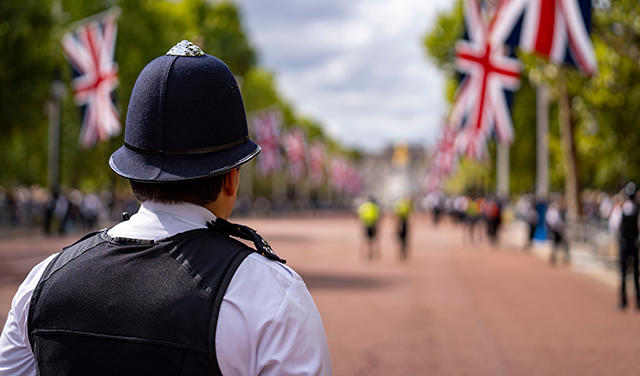News
-
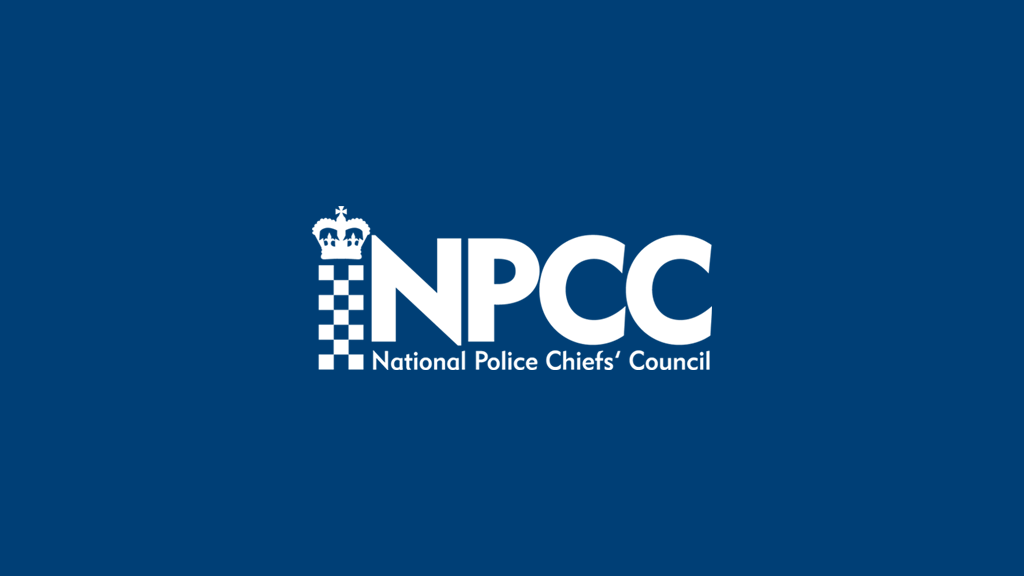
Update: Latest Covid-19 FPN data, and news about police recruitment drive
Official figures released today (30 April) by the Home Office show that police forces in England and Wales have been boosted by 3,005 new officers in the last seven months. Provisional figures also show widespread continued compliance with public health regulations and minimal police enforcement.
-
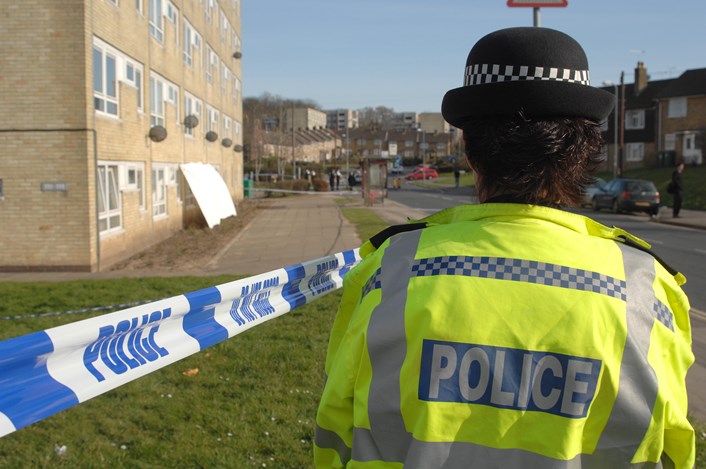
Additional measures will help police support COVID-19 effort
The Government has today announced new public health regulations that will support officers in enforcing measures to reduce the spread of coronavirus. These powers will only be used by officers if an individual fails to comply after the officer has engaged with them, explained the risks to public health and encouraged voluntary compliance.
-
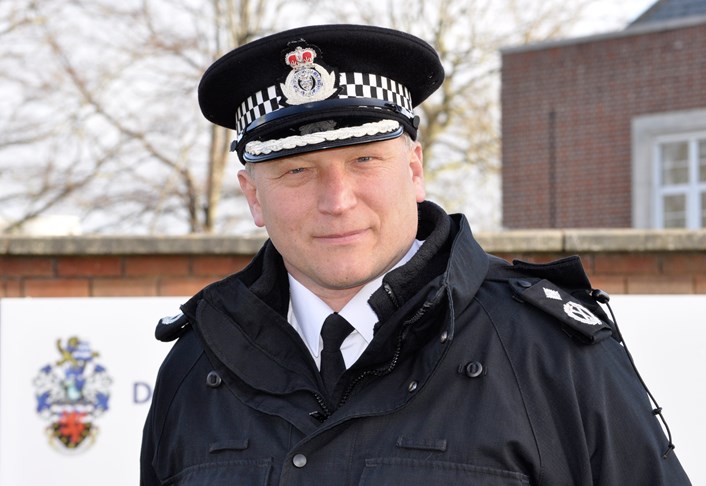
Police in strong position to support UK’s response to Coronavirus
Police have tried and tested plans to support the UK’s response to the Coronavirus.
-
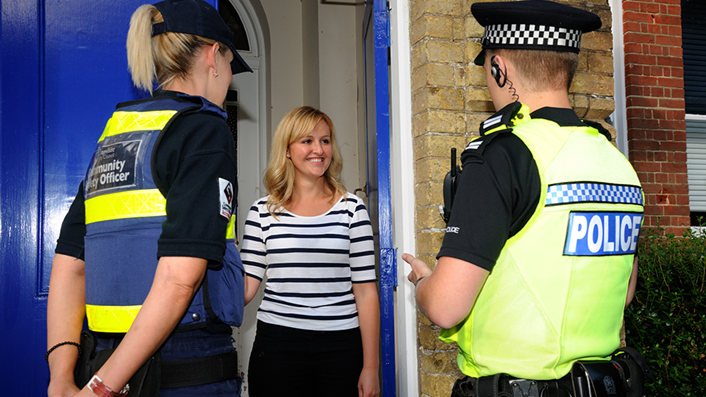
Government announces biggest increase in funding for the police system in a decade
The government have announced today that the amount of funding available to the policing system for 2020 to 2021 will increase by more than £1.1 billion.
-
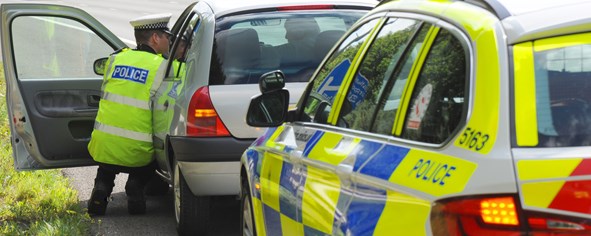
Make the right choice this Christmas. Don’t drink or drug drive.
Chiefs warn that anyone getting behind the wheel after a festive drink or two faces the prospect of ending up behind bars this Christmas.
-
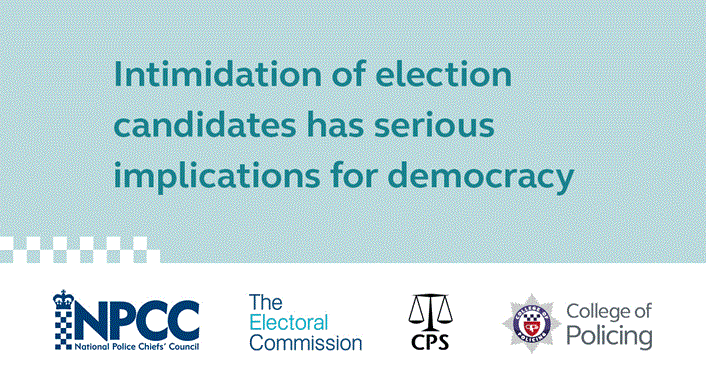
General Election: Police forces have had direct contact with 70 per cent of election candidates about their security.
NPCC Chair encourages candidates to continue to engage with police about any concerns and report crimes.
-

Security guidance issued to help candidates stay safe on the campaign trail
All election candidates are today being issued with guidance to help them respond if they experience intimidatory behaviour or abuse during the election campaign.
-
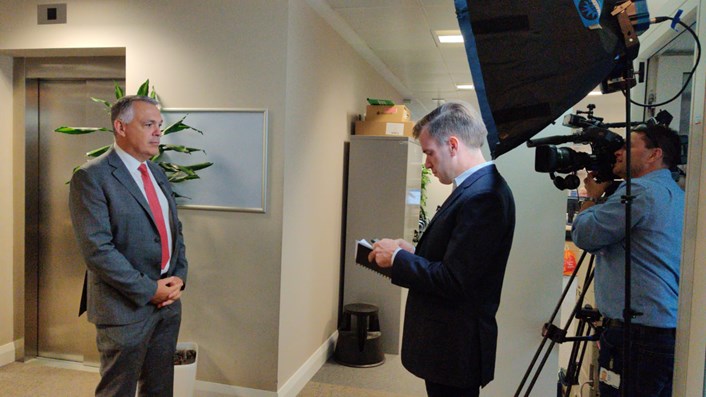
UK policing as prepared as possible for a potential no-deal EU exit
Police across the UK are well prepared for the country to leave the European Union with or without a deal, the two police chiefs leading law enforcement planning have said.
-
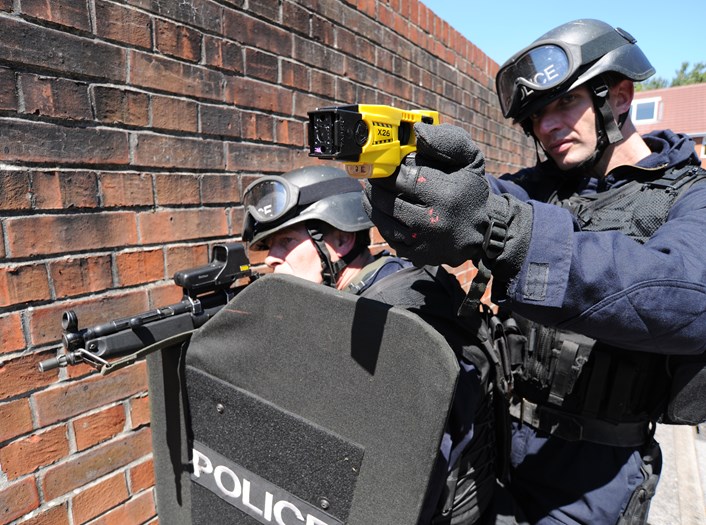
Increases in firearms officers allows forces to carry out more armed operations to protect the public
Police forces in England and Wales have increased the number of armed operations over the last 12 months in a bid to protect the public from the most dangerous criminals.
-
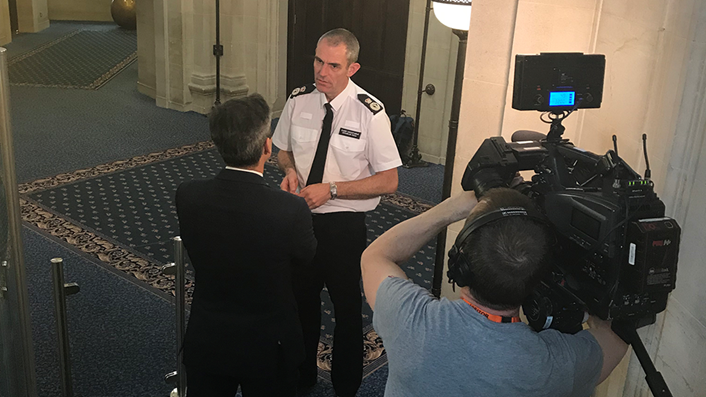
Police are well prepared for a potential no-deal EU Exit
Police have prepared for a range of scenarios in the event of the UK leaving the European Union without a deal, including planning for potential protest, crime and emergencies.
-

ACC Mark Roberts blog: We all have the same aim - a safe and enjoyable World Cup
It’s hard to forget the scenes from Marseilles during Euro 2016. We witnessed some of the worst football violence in recent years. It was highly organised and prolonged with many being left with serious injuries. This isn’t what football tournaments should be about.
-

Police should review and improve the information given about Silent Solutions
IPCC report recommends that the silent 999 service be reviewed at a national level to ensure that the appropriate guidance is being issued for police officers and the public.

